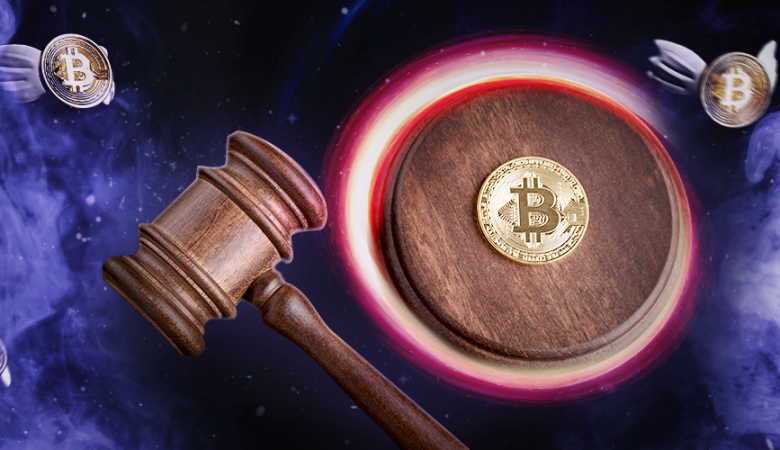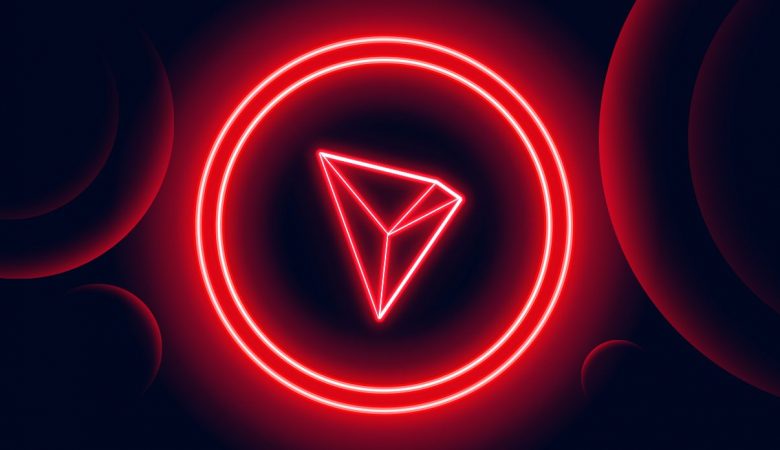About native coins
A native coin (cryptocurrency) is a digital asset that is inextricably linked to its blockchain and is an integral part of it. Native coins are transferred from wallet to wallet, paying a network fee (a miner’s fee). That is, when you send a balance to another wallet, a small portion of that balance you will “give” to the miners to validate your transaction.
Bitcoin (BTC) and Omni Layer
The native coin of the Bitcoin blockchain is BTC. The most famous and common token in the Bitcoin blockchain is Tether Omni (USDT).
To send USDT Omni transactions to another wallet, the user must pay the network fee in BTC.
Recommended transaction fee: blockchair.com/en/bitcoin
Ethereum (ETH) and ERC20

The native coin of the Ethereum blockchain is ETH. The most famous and widespread token in the Ethereum blockchain is Tether ERC20 (USDT).
To send USDT ERC20 transactions to another wallet, the user must pay a network fee in ETH.
This also applies to all other Ethereum blockchain tokens: USD Coin (USDC), Dai Stablecoin (DAI), Paxos Standart (PAX), KyberNetwork (KNC), OMG Network (OMG), Shiba Inu (SHIB), Aave Token (AAVE), Balancer (BAL), Compound (COMP), Chainlink (LINK), Maker (MKR), Polygon (MATIC), Uniswap (UNI), Wrapped BTC (WBTC) and others.
Recommended transaction fee: etherscan.io/gastracker
Tron and TRC10, TRC20
The native coin of the Tron blockchain is TRX. The most famous and common token in the Tron blockchain is Tether TRC20 (USDT).
To send USDT TRC20 transactions to another wallet, a user must spend certain resources of the Tron blockchain platform: energy and bandwidth (TRC10 tokens consume bandwidth, TRC20 tokens consume both bandwidth and energy). These resources are replenished and accumulated in the process of staking the TRX cryptocurrency. If you use TRX staking, then token transactions do not consume the native coin, meaning that sending assets becomes free. Otherwise, it is required to pay a network fee with TRX.
This also applies to all other Tron blockchain tokens: BitTorrent (BTT), Wink (WIN), Just (JST), SUN (SUN), ApeNFT (NFT), Dogecoin TRC20 (DOGE) and others.
Recommended transaction fee: 30 TRX
Binance Smart Chain and BEP20

The native coin of the Binance Smart Chain blockchain is BNB SC. The most famous and widespread Binance Smart Chain blockchain token is Binance USD (BUSD).
To send BUSD BEP20 transactions to another wallet, the user must pay the network fee in BNB SC.
This also applies to all other Binance Smart Chain blockchain tokens: Ethereum BEP20 (ETH), Cardano BEP20 (ADA), Pancake Swap Token (CAKE), Tether BEP20 (USDT), Alpha Finance BEP20 (ALPHA) Litecoin BEP20 (LTC) and others.
Recommended transaction fee: bscscan.com/chart/gasprice
VeChain (VET) and VTHO
The native coin of VeChainThor blockchain is VET, but due to the peculiarities of this blockchain, payment of network fee is not made with native coin, but with VeChainThor Token (VTHO). Take care of its availability in advance.
Recommended transaction fee: explore.vechain.org
Important
If you actively use various tokens, including Stablecoins and DeFi tokens, then always keep track of the availability and sufficient amount of native coins on your Trustee Wallet balances. This will help you stay out of trouble when it comes to sending tokens.
Any of your token transactions, whether sending, selling or exchanging, including on DEX’s, is an outgoing transaction and requires payment of a network fee to successfully process it.
Native coins are not needed to get tokens into your wallet.





I can not sen any coins becouse of balance.what can i solve this?
Hi, if you are unable to send tokens, then read the article above. If there is another problem, then contact the support in the app with details.